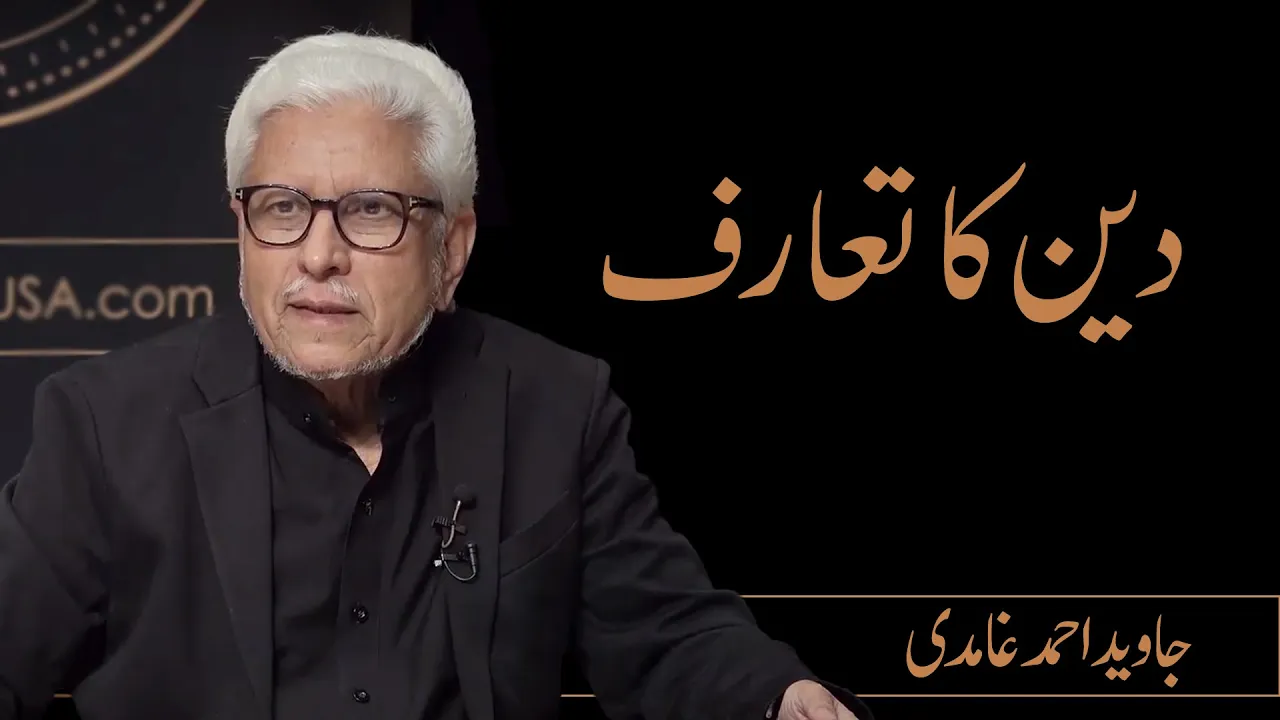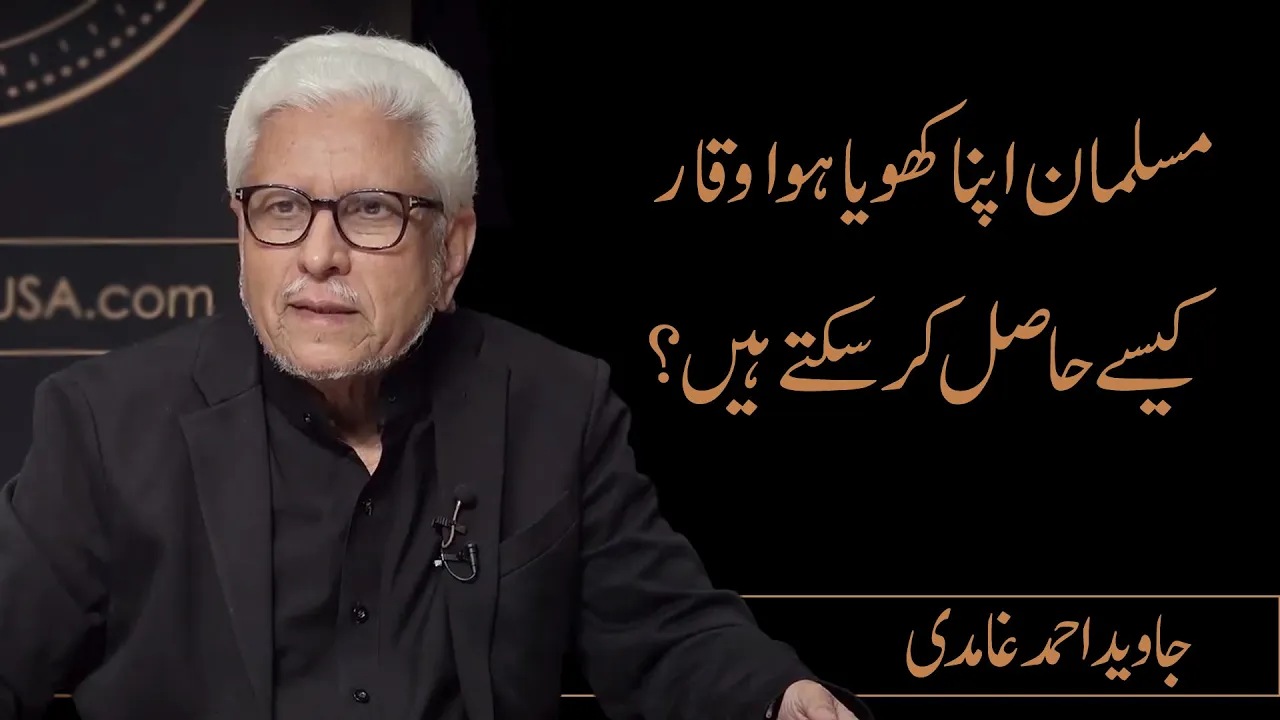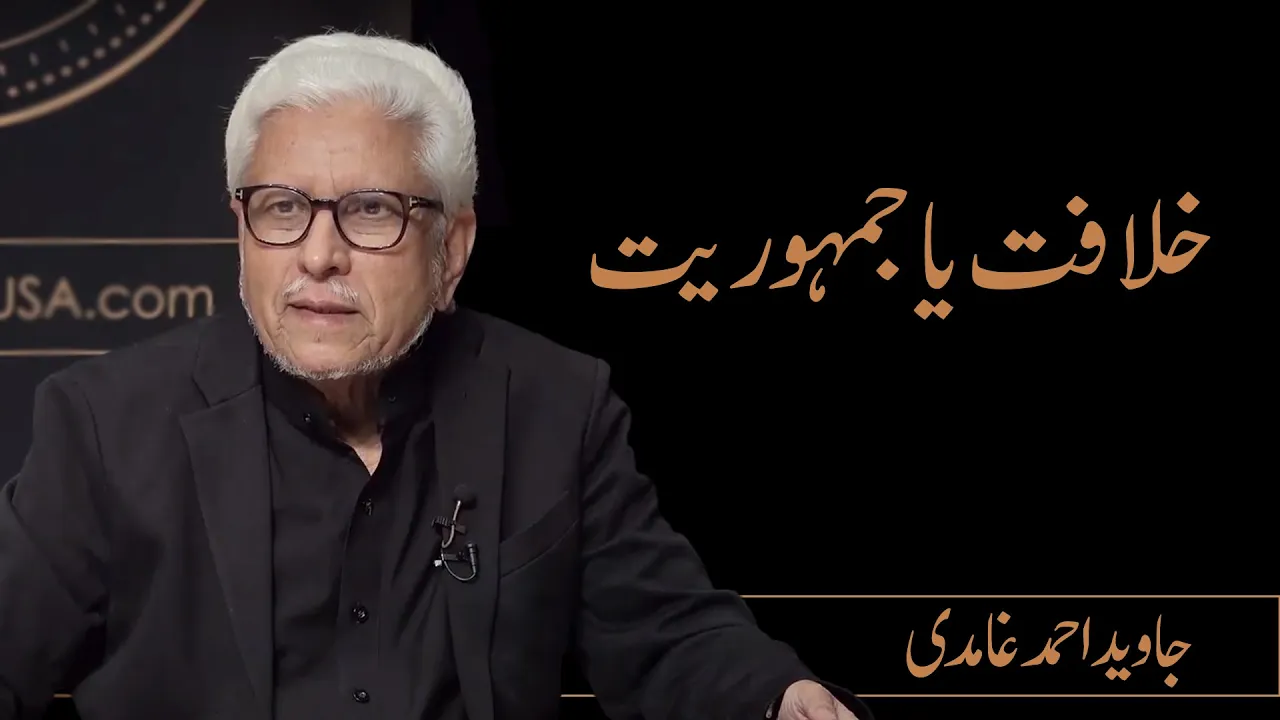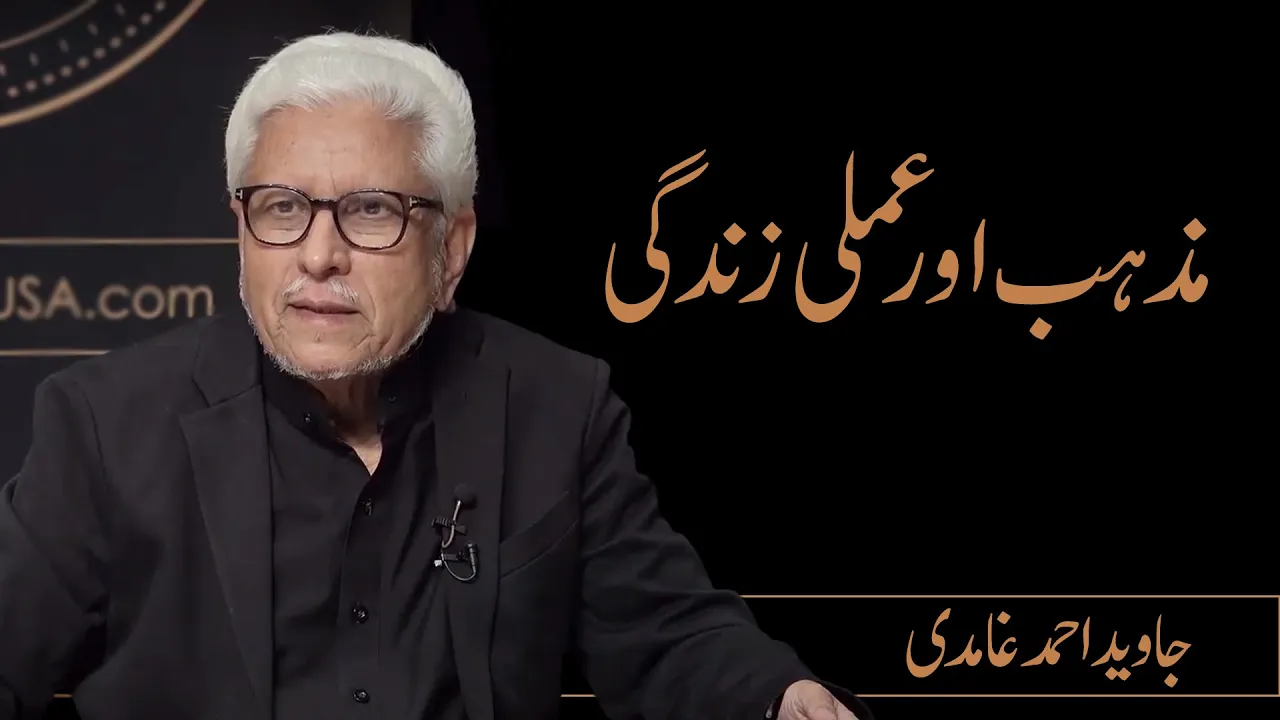Question
In how many practices are aḥādīth and the non-Qur’ānic Tawātur superior to the Holy Qur’ān? How many of such practices exist according to the sectarians?
Answer
In our opinion, no ḥadīth or tawātur is superior over the Holy Qur’ān. There are no restrictions on the authority of the Holy Qur’ān. Likewise, Sunnah is also the source of the religion because, like the Holy Qur’ān it has acquired the consensus and tawātur. There are no differences and conflicts between the Sunnah and the Holy Qur’ān and both these are the source of the religion.
Ḥadīth explicates some aspects of the Holy Qur’ān and relates the actions of the Holy Prophet (sws). The Holy Prophet (sws) has amplified some of their juristic implications while answering some questions. Our juristic scholars consider the Holy Qur’ān and the sayings of the Holy Prophet (sws) in the same manner. So they believe in their commonality (ta’mīm). Some of the prophetic actions and the aḥādīth demonstrate some of their specialties (takhsīsīāt) that result in some juristic debates. In our opinion, the Holy Prophet (sws) has explicated some aspects from the Holy Qur’ān and we do not need to say that ḥadīth is superior to the Holy Qur’ān.
Translated by: Abid Mahmood Hashmi
Our guide, Mr. Javed Ahmad Ghamidi has elaborated some examples of this origin in his book ‘Mīzān’. The study of this book amplifies that those complications were present in the Holy Qur’ān that the Holy Prophet (sws) had explained.
You have adopted the term ‘firqah parast‘ (sectarians) in your question. This term is totally inappropriate for the scholars of ḥadīth principles. These people are the source of understanding and compilation of the complete religion. Their services for the religion must be appreciated. Difference with them should not smirch their respect. If they had not done all this, we would not be in a position to do more research in the religion. And if we were able to do something, it would be far less than theirs.
Answered by: Talib Mohsin
Date: 2015-01-23









